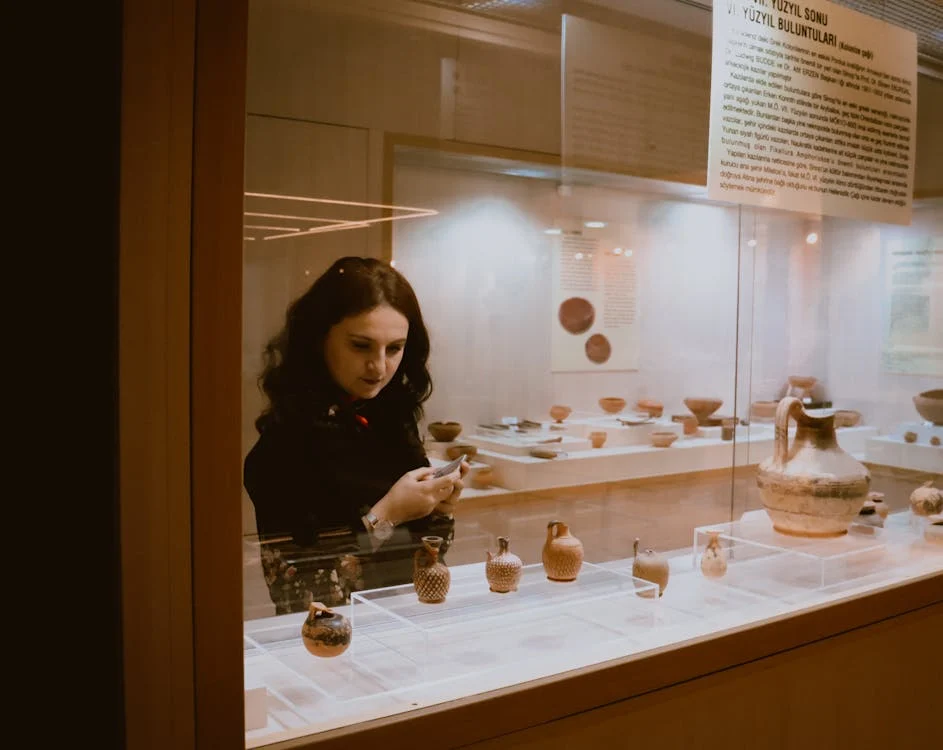Bachelor's Degree in History: A Complete Guide (2025)

Find out what it takes to earn a Bachelor's degree in History. We'll cover what it is, the pros and cons, the steps to get it, how long it takes, online options, what you'll study, and possible career paths with further degrees.
Key Points
- A bachelor's degree in History provides a well-rounded education in the study of past events, cultures, and civilizations.
- Pursuing a History degree offers valuable skills such as critical thinking, research, and effective communication.
- Graduates can explore diverse career paths, including education, law, government, and various industries.
- Financial aid options, such as scholarships and grants, are available to support students in their academic journey.
- The degree typically takes four years to complete, with opportunities for specialization and hands-on learning.
How Long Does It Take to Get a Bachelor's Degree in History?
Typically, a bachelor's degree in History takes four years of full-time study to complete. This timeline assumes that students enroll in and successfully complete the required number of credit hours per semester, typically around 15 credits. However, the exact duration may vary depending on factors such as:
- Enrollment status (full-time or part-time)
- Transferring credits from previous institutions
- Participation in accelerated or dual-enrollment programs
- Completing additional minors or concentrations
Some universities may offer accelerated or online programs that allow students to earn their bachelor's degree in History in a shorter timeframe, such as three years.
What to Expect from a Bachelor's Degree in History
A bachelor's degree in History provides a comprehensive education in the study of past events, cultures, and civilizations. Students can expect to:
- Gain a broad understanding of world history, including ancient, medieval, and modern periods
- Develop critical thinking and analytical skills to interpret historical sources and events
- Enhance research and writing skills through the completion of research papers and projects
- Explore various historical themes, such as politics, economics, social movements, and cultural influences
- Engage in hands-on learning experiences, such as internships, study abroad programs, or collaborative research projects
- Customize their studies by choosing electives or concentrations that align with their interests and career goals
What Can You Do with a History Bachelor's Degree?
A bachelor's degree in History prepares graduates for a wide range of career paths, both within and outside the field of history.
Graduate School Preparation
Many History graduates choose to pursue advanced degrees, such as a Master's or Doctoral degree in History or related fields, such as:
- Master's Degree in History
- Doctoral Degree in History
- Master's Degree in Public History
- Juris Doctor (J.D.) in Law
These higher-level degrees can open up opportunities for teaching, research, and specialized roles in academia, museums, government agencies, and other institutions.
Entry-Level History Roles
Graduates with a bachelor's degree in History can explore various entry-level positions, including:
- Historical researcher
- Museum curator or archivist
- Historic site interpreter
- Tour guide
- Teacher or educator (with additional certification)
- Legislative assistant or policy analyst
Career Opportunities
Beyond history-specific roles, a bachelor's degree in History can also lead to diverse career opportunities in fields such as:
- Business and management
- Law and government
- Journalism and media
- Marketing and public relations
- Non-profit and social services
According to the Bureau of Labor Statistics (BLS), the average annual salary for individuals with a bachelor's degree in History is around $63,000, with a projected job outlook of 6% between 2022 and 2032, which is about as fast as the average for all occupations.
Final Thoughts
A bachelor's degree in History provides a well-rounded education that equips students with valuable skills and opens up a wide range of career opportunities, both within and outside the field of history. Whether you aspire to pursue graduate studies, work in a history-related profession, or leverage your transferable skills in various industries, a Bachelor's Degree in History can be a rewarding and versatile choice for your academic and professional journey.
If this guide doesn't hit the spot, explore the other guides below to find a more suitable match:
- Bachelor's Degree in Computer Science: A Complete Guide (2024)
- Bachelor's Degree in Environmental Management: A Complete Guide (2024)
- Bachelor's Degree in Early Childhood Education: A Complete Guide (2024)
- Bachelor's Degree in Graphic Design: A Complete Guide (2024)
- Bachelor's Degree in Supply Chain Management: A Complete Guide (2024)

Pia Yapjoco is part of the school growth and sales team at Dreambound. She helps facilitate school partnerships that expand educational opportunities for aspiring students in allied health and other trades. Beyond work, she curates her pup's Instagram, hunts for hidden coffee gems, and escapes into cozy gaming.





